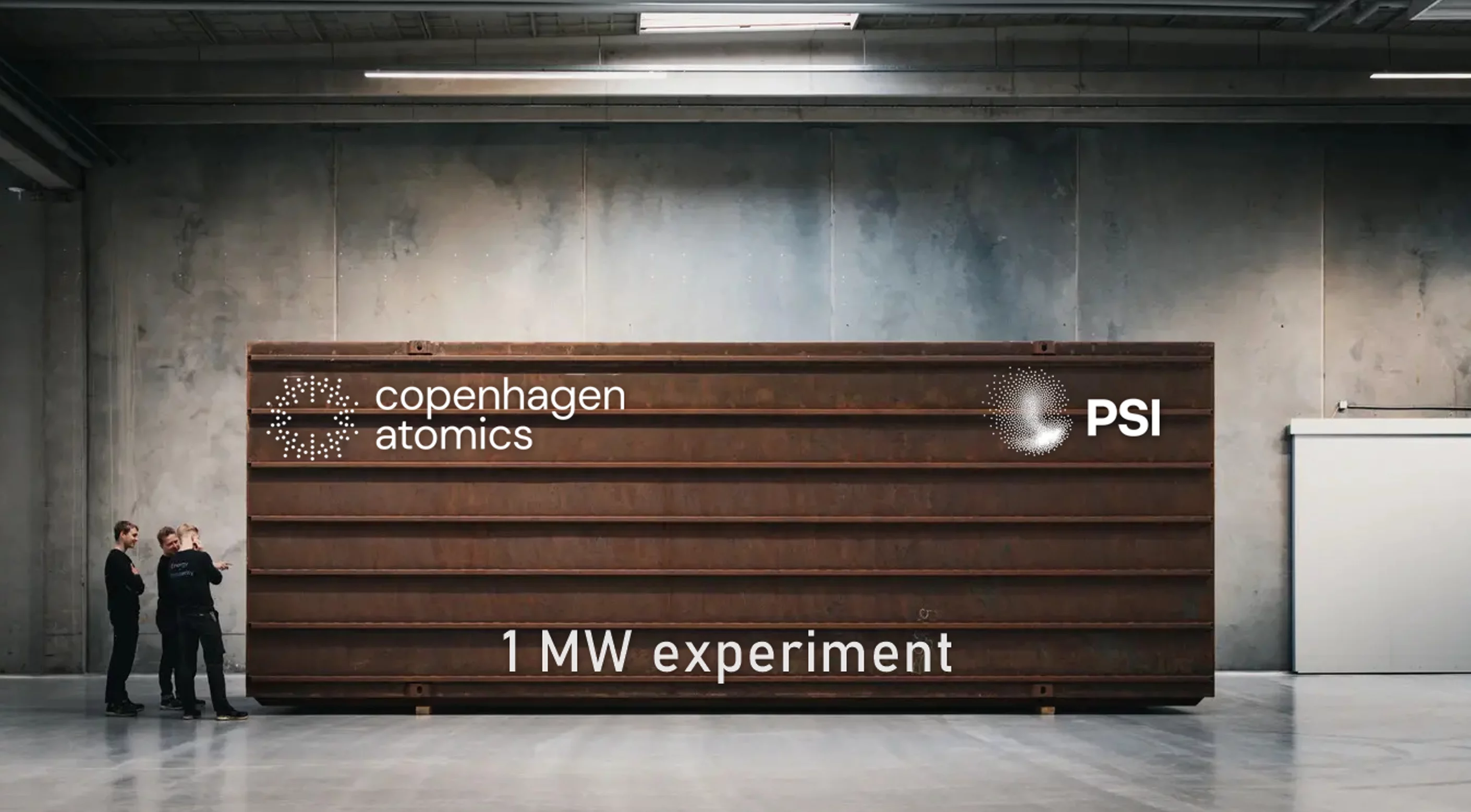The Paul Scherrer Institute (PSI) is Switzerland's largest research institute for natural and engineering sciences. At PSI, we conduct cutting-edge research in the fields of future technologies, energy and climate, health innovation, and the fundamentals of nature. Through basic and applied research, we work on sustainable solutions to key issues in society, science, and the economy. The training of young people is a central concern of PSI. As part of this mission, around a quarter of our employees are postdoctoral researchers, doctoral students, or apprentices. The PSI employs a total of 2,200 people.
The PSI's Hotlab is an independent organizational unit that operates a nuclear facility for processing and analyzing radioactive materials – a facility unique in Switzerland. The Hotlab department is looking for an intern to help plan and set up a complex experiment as part of an innovative and forward-looking large-scale project.
We are offering a summer internship opportunity for motivated students to join the BALDER project, which focuses on the licensing of an advanced molten salt reactor developed by Copenhagen Atomics. This work is carried out within a broader international collaboration aimed at demonstrating and evaluating next-generation nuclear technologies.
Interns will support the reactor licensing process by contributing to the preparation of technical and scientific documentation. Tasks will include drafting and editing written material, proofreading scientific texts, and organizing licensing-relevant information in a clear and concise manner. Additional activities may include synthesizing information from technical reports, scientific literature, and regulatory guidelines to support various aspects of the project’s documentation.
This internship is ideal for students with strong written communication skills, attention to detail, and an interest in nuclear science, engineering, or regulatory affairs. A background in science or engineering is preferred, and proficiency in English is essential. Excellent command of written English is particularly important.

